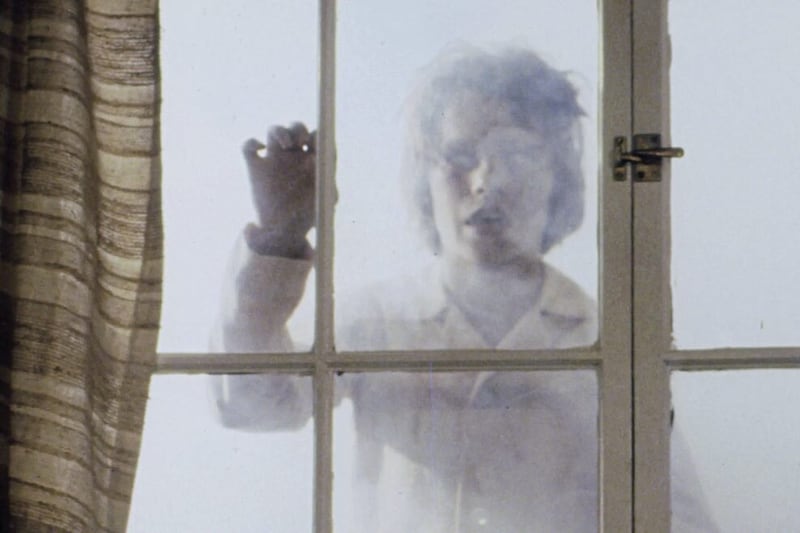MUCH of the high cultural standing in which director Nicolas Roeg is held today is based on films like Performance, Walkabout and Don't Look Now.
Given the quality of such work, that’s no surprise really. As iconic and distinctive as those career high water marks are, though, it would be a mistake to assume the late film-maker made no other movies worth watching in that early 70s period.
Glastonbury Fayre is a Nic Roeg film that often slips through the cracks a little when people talk about his most important work but it remains a fascinating document all the same and an essential insight into a lost era of hippydom into the bargain.
A loose and funky vision of the second attempt to stage the famous Glastonbury music festival in the rolling hills of rural England, it’s an intriguing snapshot of an era long gone and a priceless reminder of how one of the most beloved British festivals sprung up from the flimsiest of counter cultural roots imaginable.
Filmed around one summer weekend in 1971, it marks the first appearance of the now globally famous Pyramid stage and boasts performances from the likes of Fairport Convention, Arthur Brown and Traffic.
Impressive though the musical turns are – and look out for the likes of Family, Terry Reid and Gong amid all the bare-chested idiot dancers and wide-eyed hippies – it’s the trappings of Glastonbury Fayre that make it such an attractive viewing proposition in 2019.
This is a barefooted step back into a more innocent and less cynical world and Roeg fashions an affectionate picture of sun-obsessed music lovers all seeking a little peace and tranquillity in a rapidly changing world.
He focuses on the masses of deeply stoned festival goers and solstice seekers like few others had done before, or since come to that.
It received a minimalist cinema release in 1972 but since then this time capsule of a music doc has languished in relative obscurity, relative, that is, to Roeg’s other more championed output of the same era.
That’s a shame because while this modest study of music and the power of that music to encourage young people to gravitate to an area where they can share that passion without fear of ridicule isn’t the director’s greatest ever achievement it certainly deserves a better reputation than it currently holds.
Thankfully MVD Visual have put together the fullest, most impressively remastered edition of Glastonbury Fayre to date to allow a new generation to reassess Roeg’s work for themselves.
Extras are plentiful. There’s an interesting 35-minute making-of documentary that reveals how a young David Bowie missed having his performance recorded because he was on stage so early in the morning that no camera crew members had yet taken up their positions to film him and even an audio commentary from Roeg himself that puts the work in its full historical and social context.
Since the man passed away late last year this is a great way to celebrate a less appreciated gem in his illustrious back catalogue.








